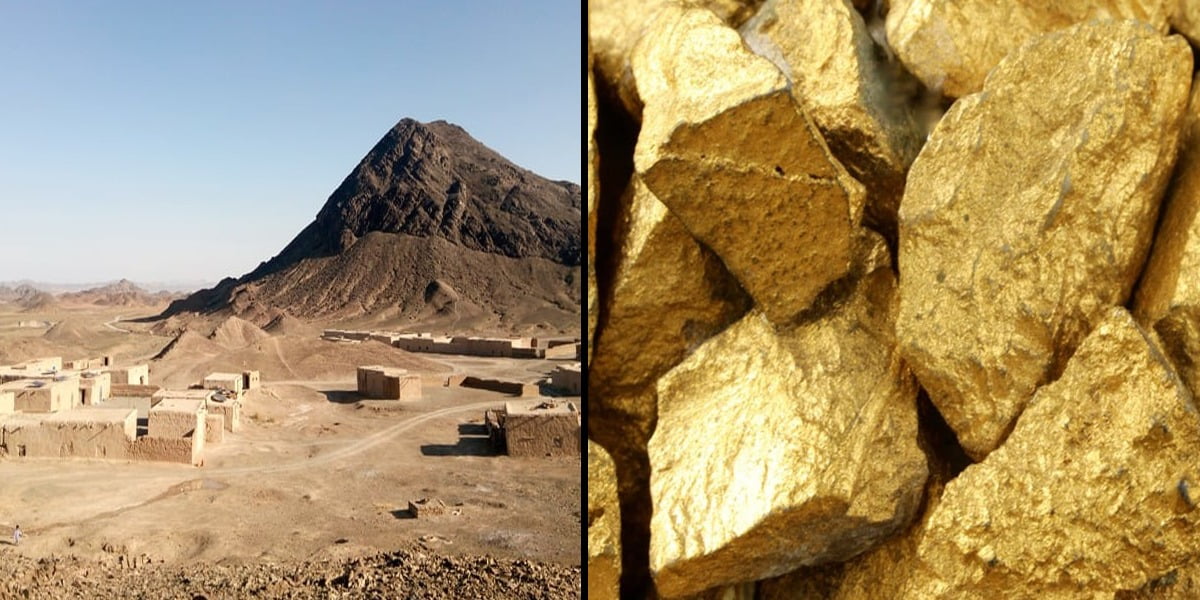Reko Diq has been deemed a game changer for Pakistan as its natural resources have the potential to improve the country’s struggling economy.
However, the question remains: How can the Reko Diq project change Pakistan’s financial dynamics?
The Pakistani government first signed an agreement on the Reko Diq copper and gold reserve in 1993 with the Australian mining company Broken Hill Proprietary (BHP) Minerals.
In 2000, BHP handed over the project to Tethyan Copper Company (TCC), a joint venture of Antofagasta of Chile and the Barrick Gold Corporation.
The Diplomat Magazine reported that in 2006, TCC invested $200-400 million to take over the project and convert the exploration permit into a mining license. However, in 2011, the Balochistan government rejected TCC’s application, and in 2013, Pakistan’s Supreme Court ruled against the mining license.
Meanwhile, when the Balochistan government cancelled the mining license, TCC filed for international arbitration at the International Centre for Settlement of Investment Disputes (ICSID), alleging a breach of contract.
A new agreement was signed in 2022, under which Barrick agreed to a 50 percent stake, down from the previous 75 percent.
In 2024, after the withdrawal of Barrick Gold Cooperation from Riko Diq, Pakistan and Saudi Arabia entered into a preliminary agreement for Islamabad to sell a 15 percent stake in the mining project to Saudi investors.
Reqo Diq covers an area of 3.3 million acres in the Chagai district, bordering Iran and Afghanistan. Beneath this dusty surface lies one of the world’s largest undeveloped gold and copper reserves.
A geological Survey in 1978 discovered the gold and copper resources in Chaghi.
According to Dawn News, estimated deposits of Riko Diq are around 200,000 tons of copper and 250,000 ounces of gold a year for nearly 50 years.
Chagai is one of the poorest areas of Pakistan and South Asia. With one of the lowest literacy rates and the highest infant and maternal mortality rates, Chagai district ranks lowest in Pakistan on most social and human development indicators.
Saudi Minister for Investment Khalid bin Abdulaziz Al-Faleh addressed the Pakistan Saudi Arabia Business Forum in Islamabad on Thursday, saying that the ties between his country and Pakistan “have no limits” and that this extends to economic cooperation as well.
Prime Minister Shehbaz Sharif on Wednesday said that Pakistan and Saudi Arabia will sign an agreement worth around two billion dollars.
“I think there are essentially no limits to what Saudi Arabia and Pakistan can do in the economic sphere, just like there are no limits to our friendship, to our bonds, to our historic relations,” stated the Saudi Minister.
Al Faleh stated that Saudi Arabia intends to invest in Pakistan’s infrastructure and mining sectors, and his delegation would sign 25 agreements across various fields.







